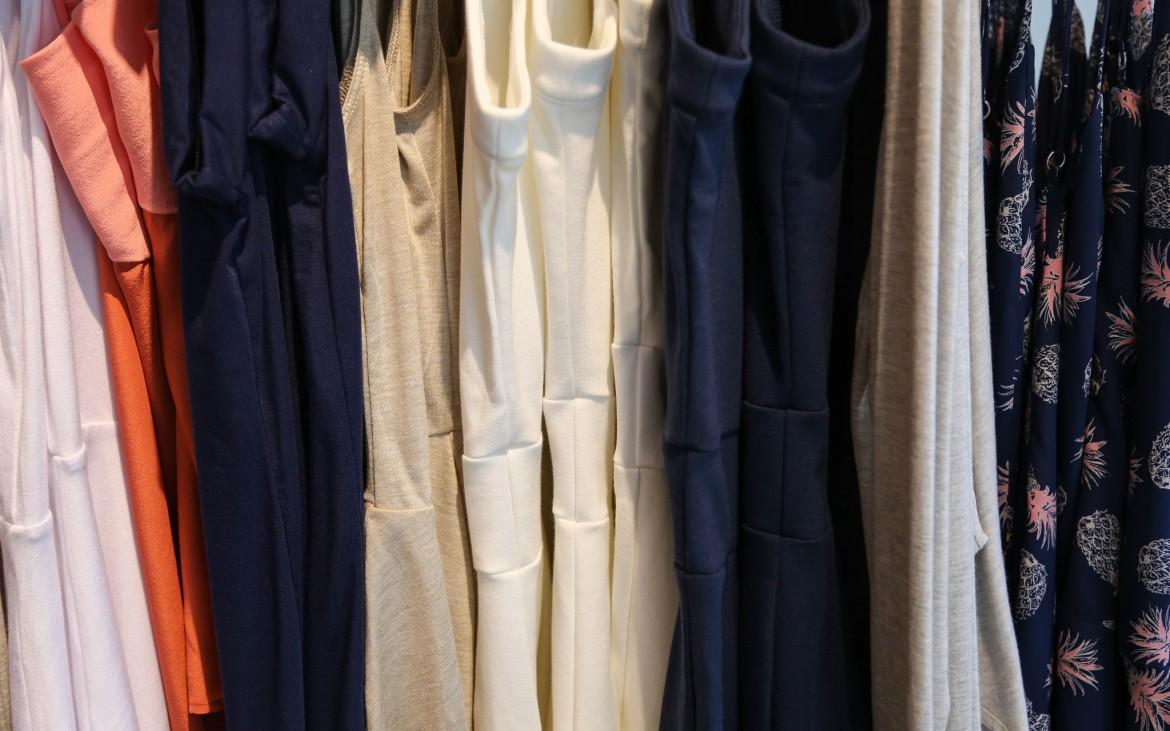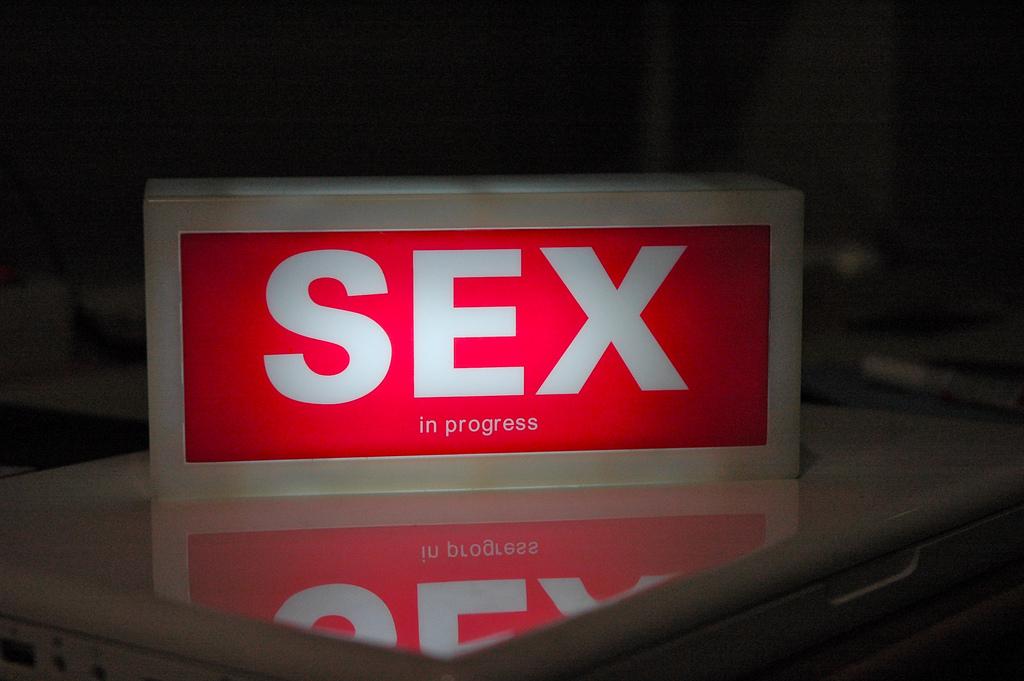
One of the garments from “The Label Doesn’t Tell The Whole Story” campaign, created by RethinkCanada and The Canadian Fair Trade Network.
As people browse through the clothing racks at their favorite chain and local stores, the questions of how the material was gathered or how the garment was made is usually not at the forefront of one’s mind. Yet RethinkCanada and The Canadian Fair Trade Network made a new campaign that urges customers to ponder the lengths another human being goes through to help make the shirt on the buyer’s back.
A picture of a mustard yellow, cable knit sweater, maroon sweatshirt, and a brown tweed blazer is centerpiece of the campaign. On each garment is a long tag, which holds the story of the person that created the clothing and tells of the long hours and harsh environments sweat shop laborers work in.
The maroon sweatshirt reads the story of Tejan: “100% cotton made in Sierra Leon by Tejan. The first few times he coughed up blood he hid it from his family. They couldn’t afford medical treatment and he couldn’t risk losing his full time job at the cotton plantation.” The stories on each of the tags on the campaign were created from the research and case studies done by the World Trade Organization.
Sean McHugh, Executive Director of the Canadian Fair Trade Network, said the purpose of “The Label Doesn’t Tell the Whole Story” campaign, was to create questions and conversations about the textile and garment industry. In the first week of April, the campaign accomplished the Canadian non-profit organization’s goal and went viral the second week of April, according to McHugh.
The concept of the campaign was formed in Fall of 2014 by Rethink, a Canadian independent creative agency, and McHugh says he was immediately interested after Rethink pitched their vision to him.
“I like the idea when we look at a garment, we see a simple label, it doesn’t tell us much, when the reality is there is so much more,” McHugh says.
While the campaign has stirred up conversations and awareness about sweatshops and the violated rights of factory workers, McHugh says the “The Label Doesn’t Tell the Whole Story” has one downfall.
“There aren’t many viable solutions,” McHugh admits.
McHugh says The Canadian Fair Trade Network aims to direct the public to viable solutions with all of their campaigns, but McHugh knows that in order to put an end to sweat shops, there needs to be a shift among customers.
“The biggest problem is the mass market,” McHugh says, “People need to stop buying the product.”
Instead of a decrease of imported textiles and garments from companies, there has been a higher demand. McHugh says 25 years ago Bangladesh exported no textiles. Today 76 percent of Bangladesh’s exports are textiles.
Kyle Buetzow, a representative of Made in a Free World, an organization based in San Francisco that works to stop modern slavery, says “The Label Doesn’t Tell the Whole Story” was a successful and “thought provoking” campaign, but agrees with McHugh that the end to slavery begins with the customer.
“The everyday consumer needs to put their money where their mouth is,” Buetzow says.
Buetzow says a mast majority of child labor lies at the beginning of production, like the shrimp being peeled and readied for packaging, and the cotton of our clothes being picked. Most companies are unaware of how their goods are gathered and created, and Buetzow says Made In A Free World partners with companies and helps them discover where their materials come from and who is involved and possibly harmed in the gathering process.
Buetzow says in order to stop slavery, customers need to show companies that they are interested in how there products are made.
“People need to ask companies about their practices,” Buetzow says.
Made In A Free World created an action center called “Slavery Footprint” that tells people the average amount of slaves that have worked for them based on the amount of products one normally buys. It then gives one the option to write a letter to the companies they shop at.
If you no longer want to buy from stores that use sweat shops and child labor to make their products, look up fair-trade clothing stores like Mia Bambina, Good & Fair clothing, Brain Tree clothing, or Biblico. Go to Fair Trade USA and The Canadian Fair Trade Network for more information on where products, clothing, and food come from, and for more options of fair trade goods.








Mania Stores • Dec 5, 2016 at 2:49 am
As a representative, of a second-hand clothes trading company, I want to say that the clothes trend are changing too fast and this a result from the big companies marketing campaigns telling us to follow them. The result is this – the clothing industry is the second largest polluter in the world … second only to oil.
Md Shayon @ cloth buy • Jul 20, 2016 at 1:44 pm
this cloth is just awesome